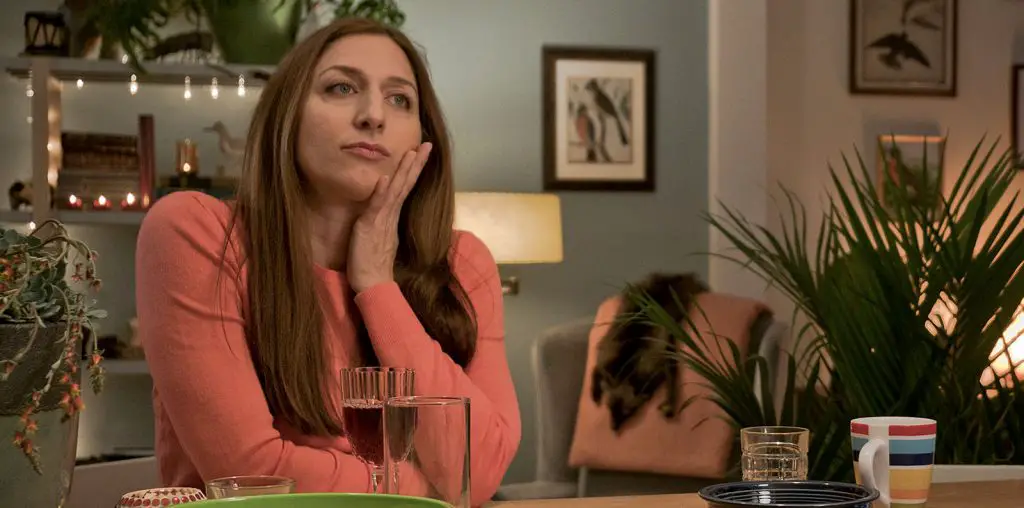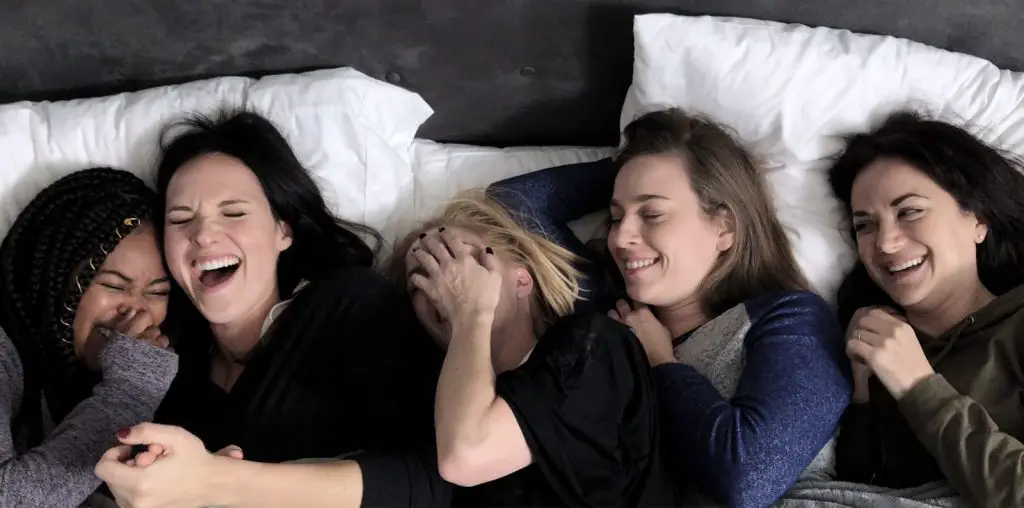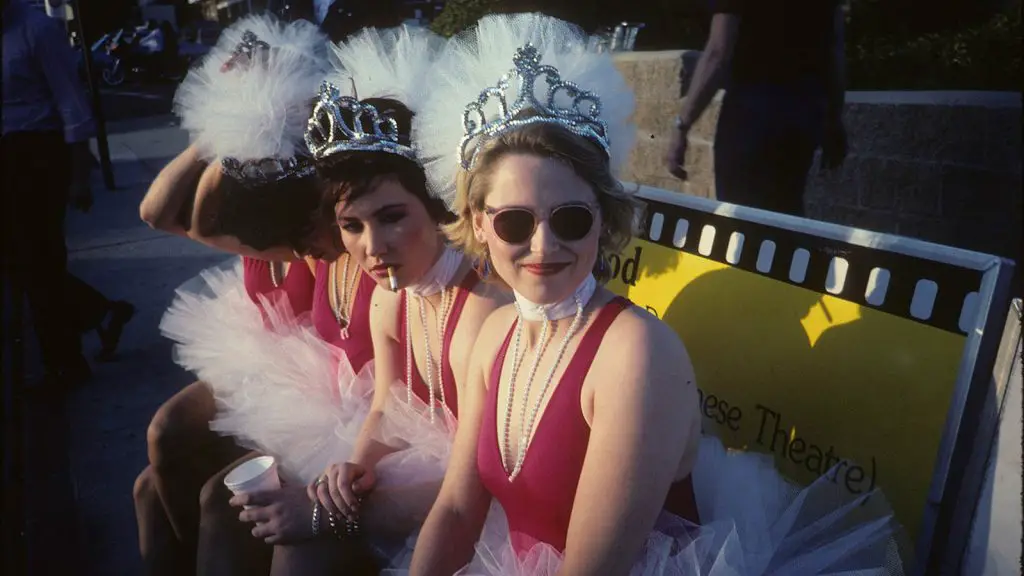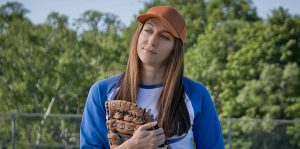
Andrea, what about the second part of the question, what are you looking for in actors when you’re casting?
Andrea: All of the films I’ve made had protagonists who are women, and I’m looking for women that I can relate to. People who seem real and authentic. It’s hard to pinpoint it because part of it, you know when you meet someone or see someone or talk to someone, but really for me, it’s that they feel real, if that makes sense.
Chelsea, what about the script made you excited about the movie, and what makes Andrea a great director to work with?
Andrea: Oh my God, that’s a total set-up.
Chelsea: Well, first thing, it’s a set-up that I’m happy to get entrapped in. The first thing about it that struck me was…the starting point you have with this is just the bare minimum. Seeing a female director and a female writer, I was already like, “I hope this is good.” Because I love working with female directors and writers, then I read the script, and I was like, “This is cool.” I’ve never been a huge romantic comedy fan except for The Notebook, I guess. The Notebook probably isn’t a romantic comedy, but I’ve never been into super cliche love stories, so I just loved that there were two women who wanted to tell the story of another woman and that this wasn’t the typical story arc that you see. I liked that it was a small exploration of someone’s day-to-day life. I like watching movies like that. I immediately asked my agents to send me all of Andrea’s films, and I loved how creative she is, and she had good energy. I loved the literal, physical Nova Scotia of all her films. Remember in Sex and the City when they were always like “New York is the 10th character” or whatever it was, I feel like her (Andrea’s) films, Novia Scotia is a character. I fell in love through her films and even more so going there. So those were the things that drew me to the project, and also just her aesthetic is so creative and homegrown and cool like all her art is so colorful and thoughtful and interesting. Like, if you go on her Instagram, she’s making all these amazing—I don’t know if you’d call them zines, but little books with illustrations. It’s just all very engaging, and I just thought it seemed cool. Combining her aesthetic, which is so different from mine, which is sort of like a dark, jaded comedian mixed with a silly person and then going to this beautiful, colorful, artistic person’s world and see what happened when we mixed the two.
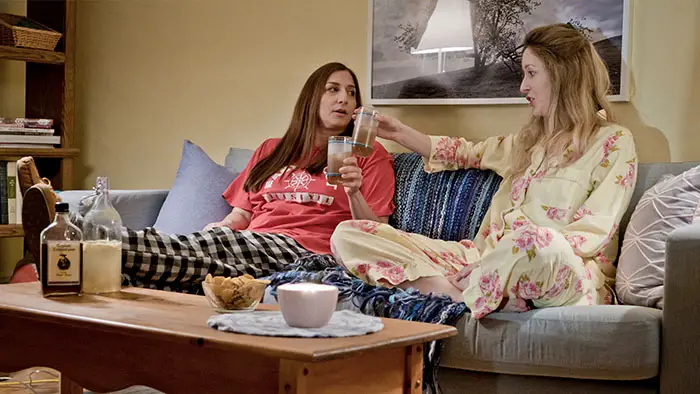
“I love working with female directors and writers. Then I read the script and I was like ‘This is cool.'”
Chelsea, did you get to do any improvisation with the lines because I feel like some of the lines could’ve come from your brain?
Chelsea: Yeah. They were very gracious at times, letting me personalize some of the language or the moments, but all the things you see in the movie were in the script, and they let me sometimes play with things a little bit and make it really feel like my story.
Andrea: One of the things, just to emphasize a little bit. Chelsea made a huge contribution, not only in how she delivered the lines but in often changing the punchlines to what would naturally come out of her rather than what was written on the page. One of the things I loved that you did, Chelsea, was often at the end of scenes—we didn’t do a lot of improv on the set, it’s a very low-budget film, and we had to get our days—but often at the end of scenes, if we just kept the camera rolling, you would inevitably do something that was really funny and wasn’t in the script, and it’s amazing how those ended up in the film. Those moments.
